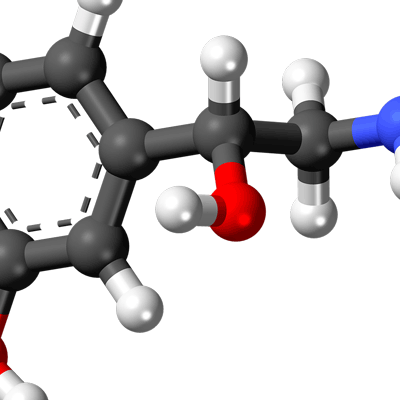
Differences in obesity between children with and without autism
Children with autism spectrum disorders (ASD) are more likely to become obese, and stay obese, than their peers without an ASD, a new study has shown. It has been shown before that children with ASD are more likely to become obese, however this study showed that during their adolescent years, the rate of obesity amongst children with ASD lowered, whilst the rate in children with ASD stayed the same. The researchers analysed data from 43,777 children aged between 10 and 17, factors such as race and socioeconomic status were taken into account and controlled for. They were expecting to see the rate of obesity increasing amongst the ASD group, and the rate staying the same in the non-ASD group, instead the ASD group rate stayed the same, whilst the non-ASD group rate lowered.
Obesity in childhood can have long-term effects for those with ASD and the researchers believe that many factors should be considered when looking at why children with ASD maintain their obesity. Some of these factors are alluded to by the last author, Dr Linda Bandini: the need for routine, behavioural rigidity, use of food as a reward, mealtime stress and parental stress. Furthermore, when it comes to exercise, many children take part in competitive sports, however this is uncommon for children with ASD. The researchers hope that further research will be undertaken, such as interviews with adolescents and caregivers, in order to better understand the behavioural factors that may contribute to the prevalence of obesity in the ASD population. Furthermore, children with ASD often have complex medical needs, and if these are not taken into account it can be very difficult to treat them, therefore more focus must be placed on understanding their needs and how this might affect them.




